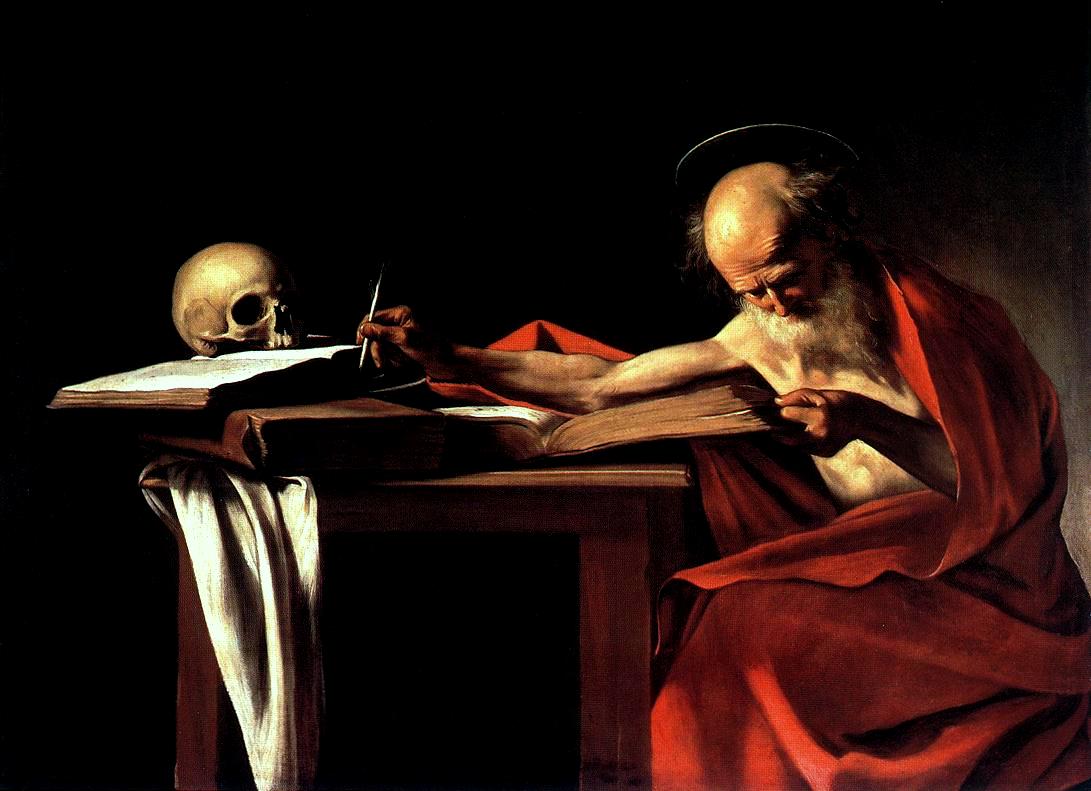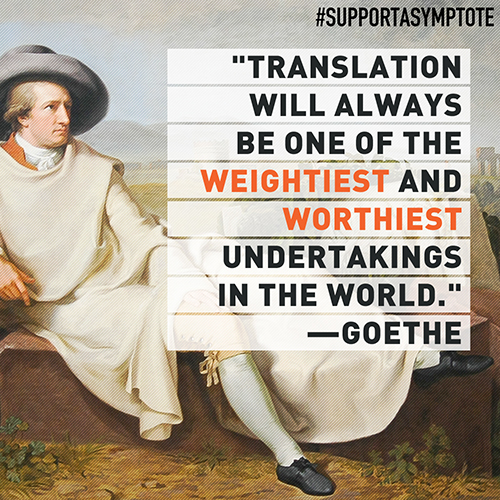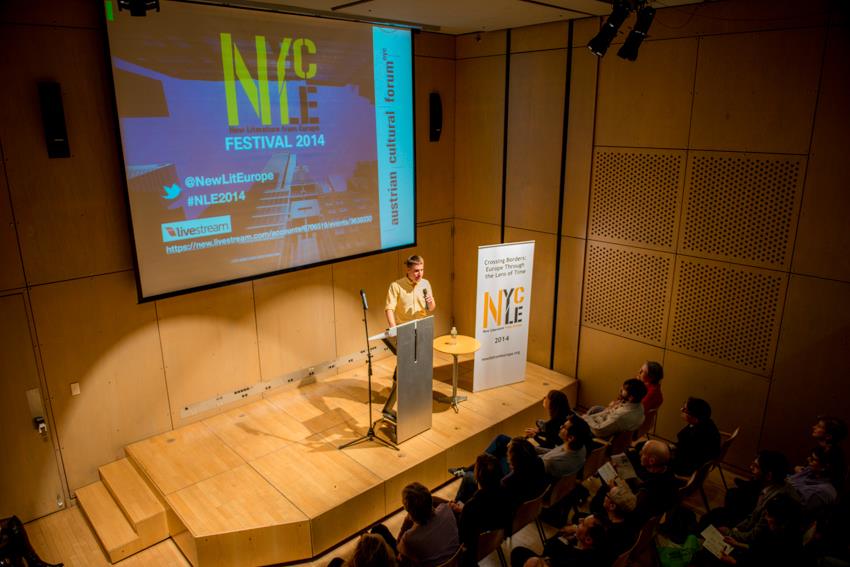Happy 2015! This is the first roundup of 2015, but we’re already nine days in—have you broken your resolution yet? (I certainly haven’t been meditating every day). Even if your good intentions have been wavering now that we’re (over a) week in to the new year, do something good for yourself and for global literature by donating to Asymptote‘s Indiegogo campaign—every little bit counts and helps this blog and our big-brother journal publish the world’s best literature for free! READ MORE…
Weekly News Roundup, 9th January 2015 (!): Robot Russian, Twin Anna Kareninas

This week's literary highlights from across the world
Drinking with Boris Vian
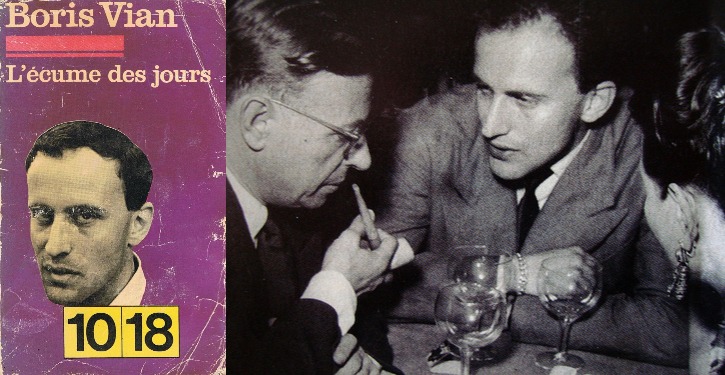
Part II in a series on food, literature, and translation—this time featuring Boris Vian and his classic "L'ecume des jours"
There is a way a room full of people drinking cocktails feels. It is distinct from the stale fog that spills from a fridge packed with six packs, and it is altogether different from the rosy-cheeked stupor induced by a case of wine. There is a severe and attentive atmosphere to the room. The alchemy of balancing sweetness, bitterness, and bite in a few ounces is mysterious and tempting. There is a self-awareness that comes with drinking an old fashioned, an edge to the precarious glass that a Manhattan arrives in. There is also enormous satisfaction in drinking a good one. The pleasure doesn’t last long—the drinks are always short and expensive. READ MORE…
In Review: “Phoenix,” by Ouyang Jianghe
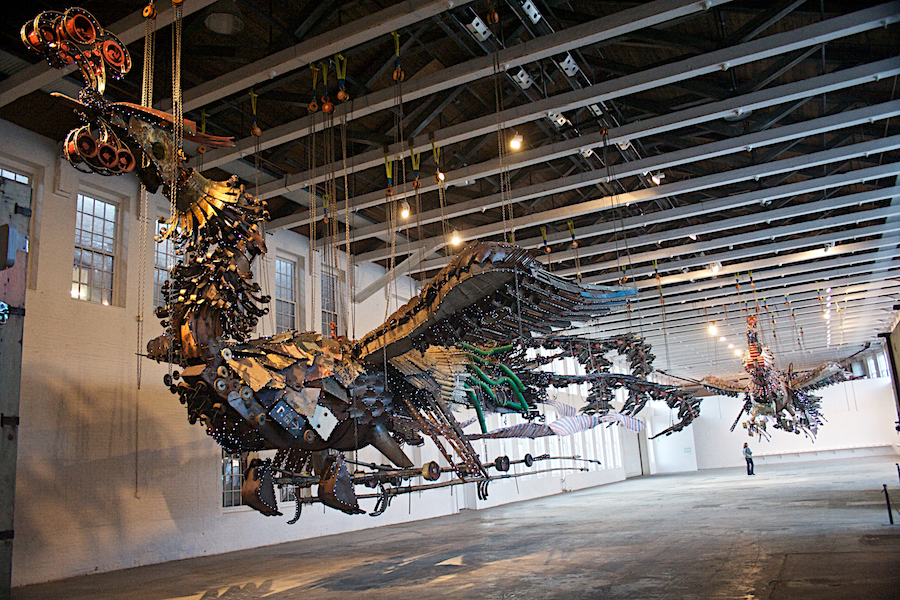
A look at intersecting poetics, visual arts, languages, and global industries
How to write the poetry of finance capital? There certainly is a poetry in the modern market; in the glowing lights of the myriad digits that flit through a bank server; and in capital’s capacity to erect and destroy cities with the stroke of a pen.
But when all that is solid melts into air, how can an artist make capital itself into a tangible object for reflection? The artist Xu Bing attempted this task with his sculpture “Phoenix”: a pair of twelve ton, one-hundred-foot long birds meant to represent China’s new ascendance in this age of global capital, fashioned from scrap metal by a team of migrant workers. Xu Bing’s sculpture, in turn, inspired the contemporary Chinese poet Ouyang Jianghe to write a poem in tribute to the work, also entitled “Phoenix,” which Austin Woerner has recently translated. READ MORE…
Translation Tuesday: “A Fistful of Walnuts” by Bojan Krivokapić
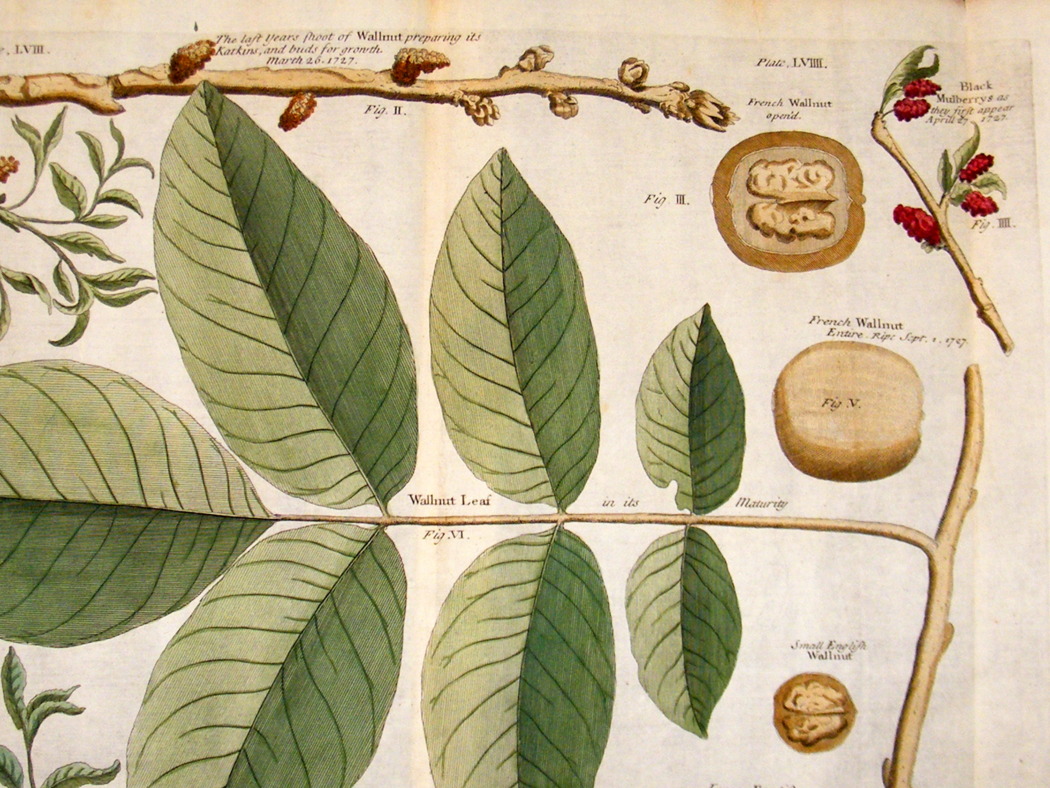
Translated from the Serbian by Mirza Puriç
In September 1992, I started school. We lived in the country back then, in one of those Voivodinian villages headed for extinction. Small, fat and grubby-faced, I dragged my green, cube-shaped, double-buckled rucksack—emblazoned with apples, a motif from Snowy White, I suppose—full of Serbian, maths, science and social studies text books. I may have also had a container of that white glue, the one that came with a plastic spatula, the one that smelt of dairy products.
When we dream about him, we dream about lions. But when Jerome dreamed, he dreamed of the desert, and of a judge who told him to destroy his books.
He had wanted to do this for a long time. Not because he hated his books, but because he loved them so much. He had labored over them, copying line after line of Plautus and Virgil into the codices that were now his curse, since no matter how much he fasted, wept, or threw himself in the dust, they were there to do what great literature always did—that is, to pick him back up and console him for his human lot. READ MORE…
We’ll be taking a break from now till the end of the year, but we hope you’ll check out our Indiegogo campaign in the meantime, if you haven’t already. Thanks to 67 kind souls, we’ve collected $6,000 in less than 3 weeks! But we’ll need more of you to step forward, if we are to operate beyond January 2015. Will you help us continue our mission?

In return for your support, we’ll give away literary care packages, designer AsympTOTEs, and even tickets to upcoming anniversary events (including this one in New York, featuring three of the most beloved translators du jour: Edith Grossman, Damion Searls and Susan Bernofsky).
But, best of all, if we reach our target, we’ll be able to deliver more great international content in 2015, hold a second edition of our translation contest, organize more events, unveil an educational arm, and bring you even more installments of our recently launched podcast!
So that we’ll be able to carry on, give some love to Asymptote today.
Your great support means a lot to us. Happy holidays from us to you!
—The entire Asymptote team
p.s. Did you know? Reif Larsen and Forrest Gander are fans of Asymptote too!
p.p.s. Questions about the campaign? Send them to editors@asymptotejournal.com. We’d be more than happy to hear from you!
Weekly News Roundup, 19th December 2015: Noble/Nobel Buzz, University Navelgazing

This week's literary highlights from across the world
To most Americans, the announcement of most recent literary Nobel laureate French author Patrick Modiano spurred a collective reaction: “who?” But (thanks to translation!), readers are warming up to his noteworthy oeuvre, and he’s gotten a significant boost since the prestigious win. And if you’re heading vers la France in the next few weeks—Christmas in Paris does sound romantic—be sure to check out this walkable guide to the City of LIghts à la Modiano. READ MORE…
Marcel Schwob’s “Mimes” – Mime XIX and Mime XX
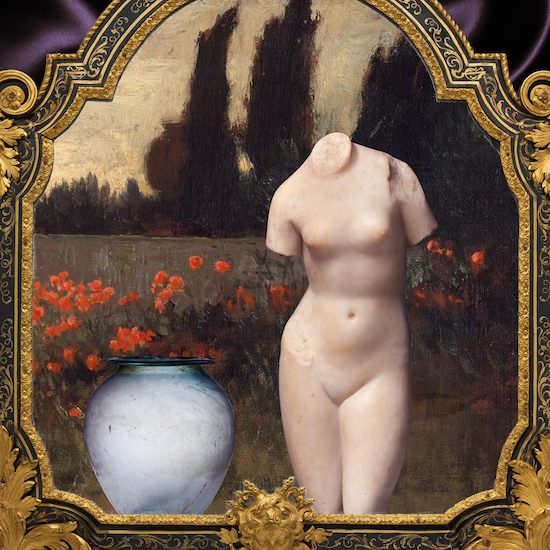
“Then I enfolded her in my arms—but clasped nothing besides the beguiling air.”
Read all previous posts in Asymptote’s “Mimes” translation project here.
Mime XIX. The mirror, the golden pin, the poppy
First to speak, the mirror:
I was shaped in silver by a skilful craftsman. At first I lay hollow like his hand and my other face looked like the ball of a wall-eye. But then I was given curvature enough to reflect images. Finally Athene breathed her wisdom into me. I am aware of the desires of the girl who holds me and already I tell her that she is pretty. Still at night she rises and lights her bronze lamp. She directs the gilded flight of the flame towards me, and her heart craves some other face than hers. I show her own white temple and her sculpted cheeks and the swelling tips of her breasts and her eyes full of curiosity. She almost touches me with her trembling lips—but the golden burning lights up her face alone; all else remains dark within me.
What We’re Reading in December
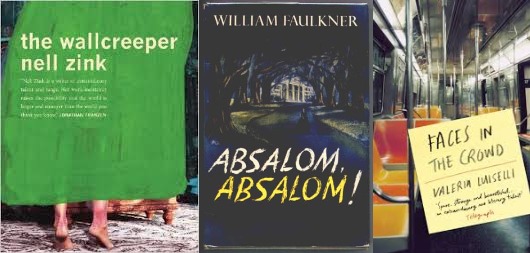
This December: family sagas, American classics, flash fiction, and meta-translation
Tiffany Tsao (Editor-at-large, Indonesia): Family sagas make up my month’s leisure reading so far. Jeffrey Eugenides’s Pulitzer-Prize-winning Middlesex and William Faulkner’s Absalom, Absalom! have been on my to-read list for several years, and it was with a combination of sheepishness and triumph that I finally got round to cracking open their spines. One occupational hazard of being a literary academic is that you often lack the energy to graze beyond your particular fields of expertise. As a recent post-academic, it has been a great pleasure indeed to read more in the way of the American “classics”—and not just so I can finally stop embarrassing myself at dinner parties where I often disappoint fellow guests by not having read every work in the western canon, all the latest prize-winners, and everything listed on the latest “Top 100 great reads” list circulating the web.
Translation Tuesday: (More) Poems from “Dickicht,” by Ulrike Almut Sandig
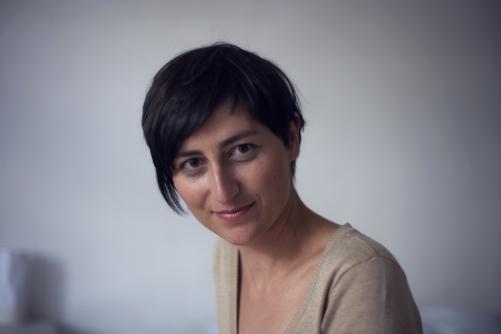
had he just heard that said or / read it in the books of his friends? / what had gone wrong? had it gone wrong?
noon
outside the shadows are dwindling
but we are so tired again.
above us the sun stands at midday
around us the thicket of high
buildings: inside couples lie close
and barely know one another.
we are there too, you and me too
on the floor. my skin cools against
yours, outside as always the heat
but I am as always too cold. are you
asleep, my friend? one clock hand stopped
dead on top of the other and someone
shouts NO and then again NO and
the shadows between us start to grow
***
‘write down what we had.’ we had
one or two poems, three or four weeks
the city towers as our primeval forest
and burrowed inside we two in the
yellow light of a streetlamp, between
the tree trunks cast of metal and glass.
there was no sun, for the time I was with
you, for that time the rain held us at bay
for that time everything drifted away: all
your money, my shoes, the time and my
dream of animals in a totally rain-swept zoo:
a unicorn out for the count, motionless bears
a dripping-wet peacock. high above us flew
a swarm of foxes, we hardly heard them at all.
for, whatever you say, there were two of us,
and everyone else was lost without trace.
***
first she took him by the hands
then she left him by the ferns
in the furthest part of the forest
alone. time passed in an instant
between the birches the heat flared
then night fell hard one more time
birds swivelled their heads to face him
slowly two-hundred and seventy degrees
but he had not marked his way back
to the glittering cities of central Europe
with a single crumb of bread.
mushrooms sprouting round his feet
the feel of fur brushing past him
out of nowhere, front and behind
shadows, above him trees creaked
the southern sky kept on turning
and kept on turning in circles or
had he just heard that said or
read it in the books of his friends?
what had gone wrong? had it gone wrong?
***
Read the poems in their original German here, and listen to the author read her work here.
***
Ulrike Almut Sandig was born in 1979 in Großenhain, Saxony, and now lives in Berlin. In 2005 she completed a degree in theology and modern indology and in 2010 she graduated from the German Literary Institute in Leipzig. Alongside various editorial activities, she has published three volumes of poetry—Zunder (2005/2009), Streumen (2007), and Dickicht (2011)—and Flamingos (2010), a collection of short stories, as well as radio plays. She has been granted residencies in Helsinki and Sydney and won numerous prizes, including the prestigious Leonce-und-Lena Prize (2009) and, most recently, the Droste Award for Emerging Talent (2012).
Karen Leeder is an academic and writer. Her translations of German poetry have appeared in a variety of journals including Poetry Review, PN Review, Domus (Italy) and MPT. Her volume of Evelyn Schlag’s Selected Poems with Carcanet in 2004 won the Schlegel-Tieck Prize in 2005, and her translations of Durs Grünbein’s “Childhood in the Diorama” won the Times Stephen Spender prize in 2013. Her translations of Sandig poems have appeared in MPT (UK) and SPORT (New Zealand) and she received a Deutsche Übersetzerfonds award in 2014. She will translate Sandig’s Flamingos for Liverpool University Press in 2015.
Published with permission from: Ulrike Almut Sandig, Dickicht. Gedichte. © Schöffling & Co. Verlagsbuchhandlung GmbH, Frankfurt am Main 2011.
Read more:
On December 5 and 6, eight European authors, one translator, one publisher, and three leading American authors and critics gathered at the Austrian Cultural Forum in New York for the 11th annual New Literature from Europe festival. For those anxious about the appeal of foreign literature to American audiences, the packed houses at the ACFNY were hopefully a reassuring sight.
NLE this year featured writing from nine countries: Austria, the Czech Republic, France, Germany, Hungary, Italy, Poland, Romania, and—for the first time at NLE—Bulgaria. This year’s theme, Crossing Borders: Europe Through the Lens of Time, reflected two aspects of this year’s writing. First was its trans-national character: many of the authors were writing about, or writing in, countries other than their nations of birth. Second was the theme of time—many of the writers dealt with European 20th century history directly, but each of the books featuring the past had a way of reaching into the present and remaining a vital, active force.
Weekly News Roundup, 12th December 2014: Rare! Exciting! Interviewed!

This week's literary highlights from across the world
The mainstream American media is catching on—but doesn’t seem to grab a snag—on elusive and dramatic Italian novelist and cult phenomenon Elena Ferrante, who offered a rare interview to no lower brow than that of the New York Times this week. Check it out. And speaking of the buzz: take a gander at French Nobel laureate Patrick Mondiano’s Nobel speech—the gist is positive (literature is not, and will never be, in danger). READ MORE…
Publisher Profile: A Midsummer Night’s Press

An interview with Lawrence Schimel, head of independent poetry press A Midsummer Night's Press
A Midsummer Night’s Press started publishing poetry in 1991. Since then, the press has expanded to include three imprints. Fabula Rasa publishes works that draw inspiration from mythology and folklore. Body Language publishes writing related to gender and sexual identity. Sapphic Classics, in collaboration with Sinister Wisdom journal, rereleases works of lesbian poetry.
This fall, A Midsummer Night’s Press has launched a new imprint, Periscope, which focuses on poetry in translation. Lawrence Schimel, the press’s founder, answered my questions by e-mail before jetting off to the Guadalajara Book Fair. Read on for information on how to receive free international shipping on Periscope’s debut titles. READ MORE…
Translating the Soviet Union: A Guide to Getting Russia
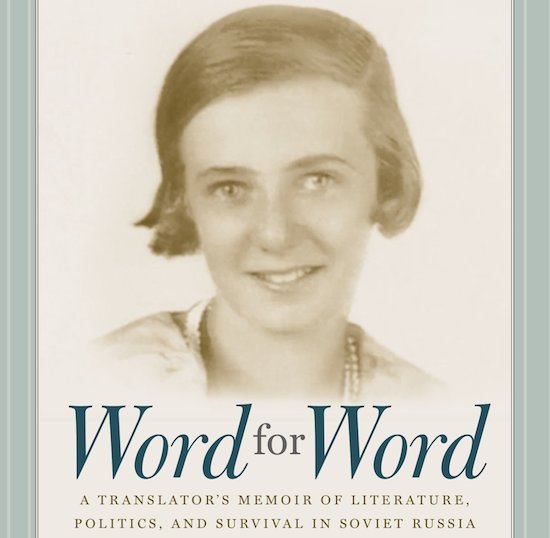
A review of “Word for Word,” by Lilianna Lungina and Oleg Dorman
I am often asked what life is like in Russia and I struggle to provide a judicious answer. Americans, I think, want to understand what to expect from a shifting Russian state. The formative years of the wheelers and dealers of modern-day Russia were experienced under the psychological weight of Khrushchev, Brezhnev, and Gorbachev, and if someone wishes to understand Russia, she would do well to study the complexities of the Soviet baby boomers. To answer our new question, “What was life like in the Soviet Union?” I can now answer with:
Read Word for Word.
It is not often someone buys you a book and refuses to speak with you until you read it, but this happened to me with Word for Word, out now in translation from Overlook Press. The title is an adulteration of the original title podstrochnik, a so-called “trot” or bare literal translation of a text that a translator processes into a work of art. Written as an extended interview and based on the documentary film of the same name by Oleg Dorman, Word for Word is the memoir of Lilianna Lungina, perhaps the most successful translator of the Soviet Union.

